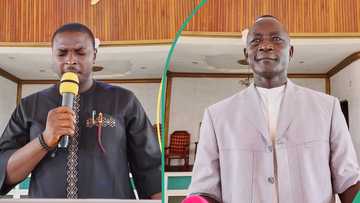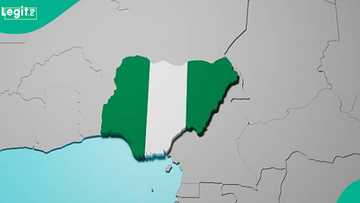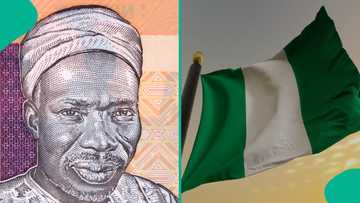An overview of the history of Christianity in Nigeria and how it shaped the nation
The history of Christianity in Nigeria reveals how faith reshaped the nation’s culture, politics, and identity. From the early European missionaries to modern Nigerian churches, Christianity has played a vital role in shaping how Nigerians live, worship, and connect. Understanding how the religion started helps explain its lasting influence on society today.
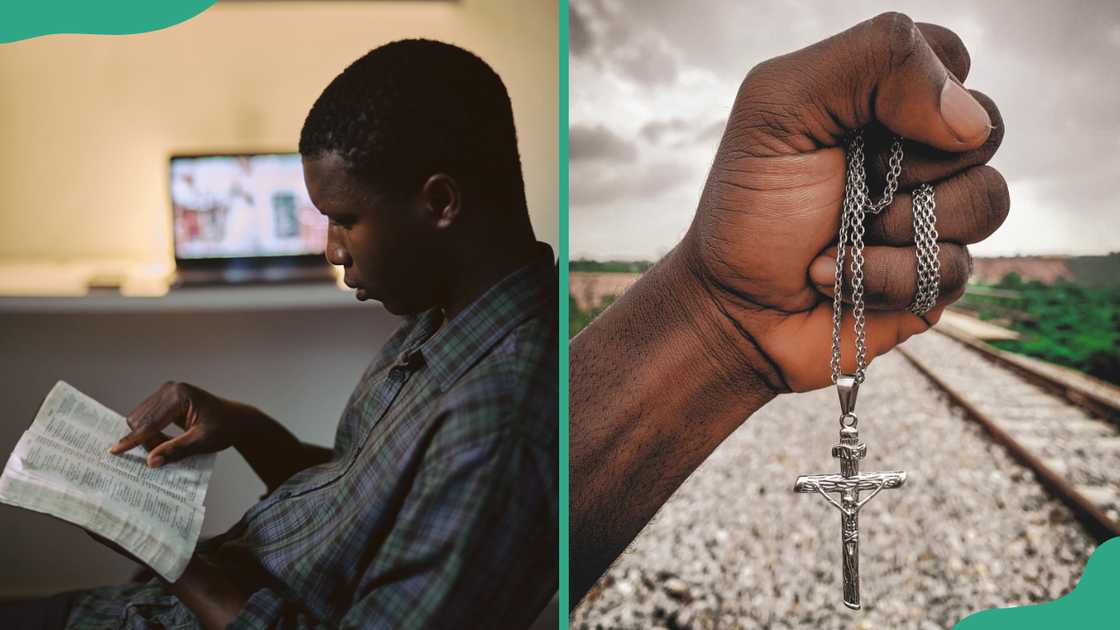
Source: UGC
TABLE OF CONTENTS
- Key takeaways
- The early history of Christianity in Nigeria
- Who brought Christianity to Nigeria, and in what year?
- Who brought Christianity to Africa?
- What is the origin of Christianity in Nigeria?
- Which tribe in Nigeria has the most Christians?
- Was Christianity in Nigeria before Islam?
- Which church was first introduced in Nigeria?
- Who brought Christianity to the world?
Key takeaways
- Christianity first reached Nigeria in the 15th century through Portuguese missionaries.
- Early efforts failed due to cultural differences and resistance from local rulers.
- The return of formerly enslaved people in the 18th century gave Christianity new life in Nigeria.
- Samuel Ajayi Crowther became the first African Anglican Bishop and a key figure in spreading the faith.
The early history of Christianity in Nigeria
When tracing the history of Christianity in Nigeria, the first encounters date back to the 15th century. Portuguese missionaries introduced Roman Catholicism to parts of the West African coast, including present-day Nigeria. However, their efforts met resistance from traditional rulers who valued trade goods over religion.
Prince Henry the Navigator of Portugal led expeditions with the goal of spreading Christianity alongside trade. Despite this, most local leaders showed little interest in the new faith, focusing instead on weapons and goods brought from Europe.
The first Christian missions in Nigeria
In the early 1500s, Portuguese missionaries tried again to convert people from the Kingdom of Benin and the Itsekiri Kingdom. The Benin monarch rejected their message, but the Itsekiri kingdom proved more receptive.
The missionaries baptized the Olu of Warri’s son, giving him the Christian name Sebastian. He later ruled as a devout Christian leader. Unfortunately, most missionaries died young due to malaria, halting early progress. This marks the beginning of the history of Christian missionaries in Nigeria.
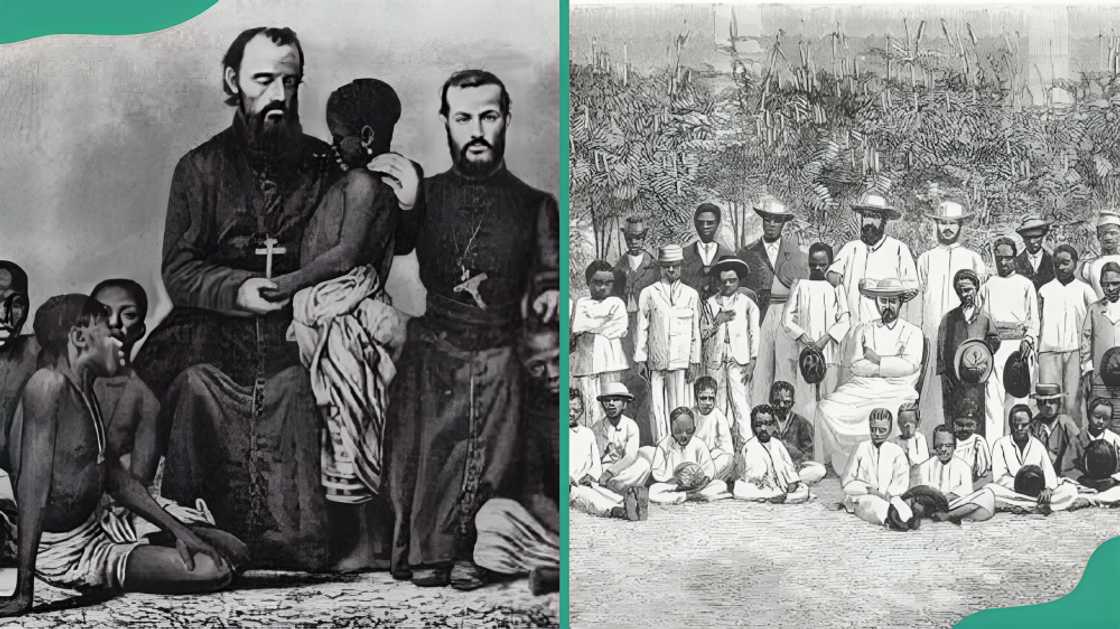
Source: UGC
The struggle for acceptance
The early mission workers misunderstood the cultural and spiritual environment in Nigeria. They lacked deep education and came with a limited understanding of African traditions.
To many Nigerians, Christianity seemed foreign and disconnected from daily life. Missionaries emphasized strict church practices, which contrasted sharply with traditional African spirituality that blended religion into everyday living.
They also dismissed indigenous beliefs as inferior, destroying sacred objects and temples. This alienated many Nigerians and slowed conversions. However, some embraced the new faith and adapted it to local culture over time.
The growth of Christianity among formerly enslaved people
Real progress came in the late 18th and early 19th centuries when formerly enslaved people returned from Europe and the Americas. These Africans had already accepted Christianity abroad. When they returned home, they began spreading the gospel among their people.
They spoke local languages and understood traditional customs, making their message more relatable. Their influence marked a turning point in the spread of Christianity in West Africa.
Samuel Ajayi Crowther and the expansion of Christianity
Among these returnees was Samuel Ajayi Crowther, a Yoruba man who was once enslaved but later freed. He became one of the most influential figures in Nigeria’s Christian history.
In 1864, Crowther became the first African Bishop of the Anglican Church. He translated the Bible into Yoruba and worked tirelessly to promote education and literacy through Christian schools.
His leadership helped build trust between missionaries and Nigerians, leading to stronger acceptance of the faith. By the mid-19th century, Christianity had spread across major coastal cities and inland regions.
Missionaries from Europe and America introduced different denominations, including Anglican, Methodist, and Catholic churches. While this diversity enriched Nigeria’s Christian landscape, it also created denominational rivalries.
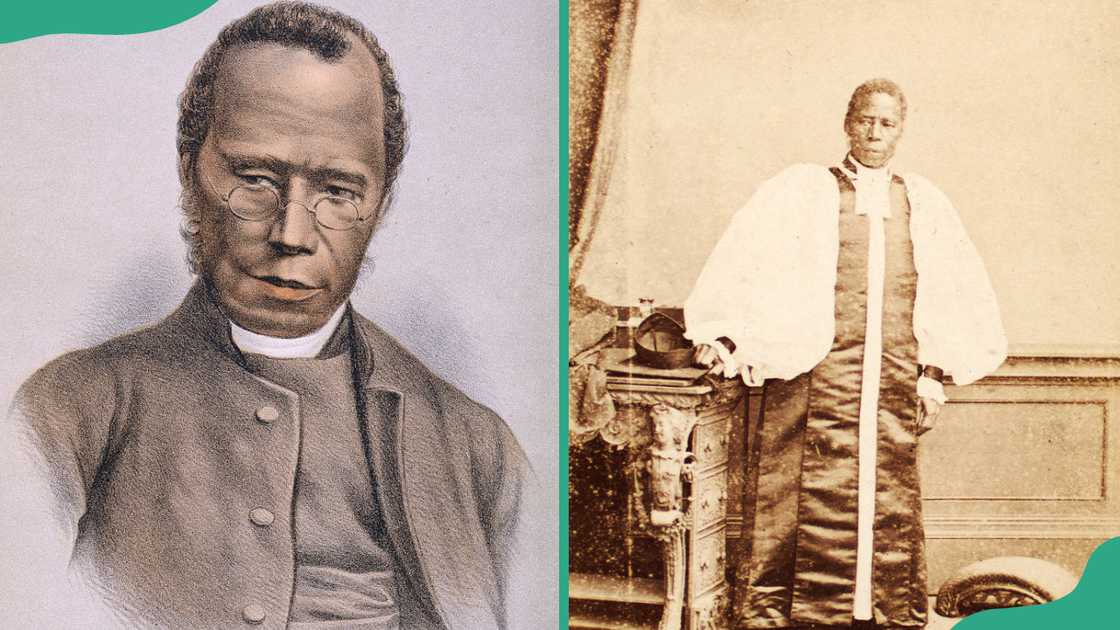
Source: UGC
The impact and legacy of Christianity in Nigeria
Christianity reshaped Nigeria’s social and political life. Missionaries established schools and hospitals, encouraged literacy, and promoted Western education. Religion also influences moral values, leadership ethics, and nation-building.
Over time, Christianity became a unifying force in a country with hundreds of ethnic groups and languages. Today, it remains one of Nigeria’s most dominant religions.
Who brought Christianity to Nigeria, and in what year?
The first to bring Christianity were Portuguese Roman Catholic missionaries, later followed by British missionaries in the 19th century.
Who brought Christianity to Africa?
European explorers and missionaries, mainly from Portugal, Britain, and France, introduced Christianity to Africa between the 15th and 19th centuries.
What is the origin of Christianity in Nigeria?
Christianity started in Nigeria when Portuguese missionaries arrived in the 1400s, teaching the gospel and establishing small churches.
Which tribe in Nigeria has the most Christians?
The Igbo tribe has the highest number of Christians in Nigeria, though Christianity is also widespread among the Yoruba and other southern groups.
Was Christianity in Nigeria before Islam?
No. Islam arrived in Nigeria earlier, around the 11th century, through North African traders. Christianity came later in the 15th century.
Which church was first introduced in Nigeria?
The Roman Catholic Church was the first Christian denomination introduced to Nigeria by the Portuguese.
Who brought Christianity to the world?
Christianity began in the Middle East, founded by Jesus Christ and spread globally by his disciples and early apostles.
The history of Christianity in Nigeria tells a story of persistence, faith, and transformation. It has shaped the country's education, culture, and moral foundation. Despite challenges and divisions, it remains a cornerstone of Nigerian society.
Legit.ng recently shared inspiring morning Bible verses to help you begin your day with faith and positivity. Starting your morning with God’s Word brings peace, clarity, and purpose to your life.
These Bible verses offer encouragement, strength, and guidance to face daily challenges and foster spiritual growth through reflection..
Source: Legit.ng

Adrianna Simwa (Lifestyle writer) Adrianna Simwa is a content writer at Legit.ng where she has worked since mid-2022. She has written for many periodicals on a variety of subjects, including news, celebrities, and lifestyle, for more than three years. She has worked for The Hoth, The Standard Group and Triple P Media. Adrianna graduated from Nairobi University with a Bachelor of Fine Arts (BFA) in 2020. In 2023, Simwa finished the AFP course on Digital Investigation Techniques. You can reach her through her email: adriannasimwa@gmail.com

John Ouma (Lifestyle writer) John Ouma is a journalist with six years of experience. He has published sharply argued think pieces that live at the intersection of power, politics, and society. He was awarded the FirstGen scholarship by Biola University and a merit-based scholarship by AMDA College and Conservatory of the Performing Arts in January 2021. He has worked for The Standard and Nation Africa as an opinion columnist between 2018 and 2022. He is currently working on his first novel—a literary fiction that traces the life of a contemporary Kenyan artist. Email: gervasjohn97@gmail.com

